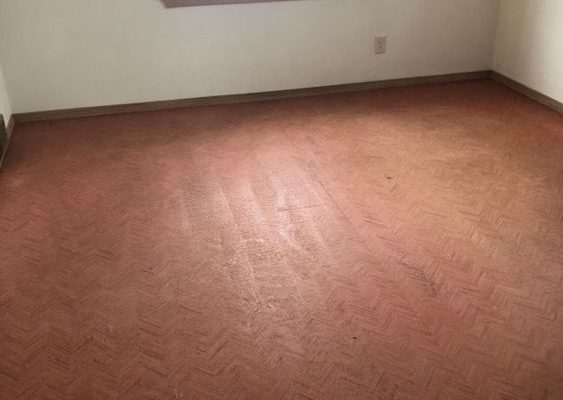8 Ways to Speed up Browsers

In today’s increasingly digital world, a fast browser is essential for accessing information efficiently and maintaining productivity. As we become increasingly reliant upon the web for daily activities and tasks, slow browsers can lead to frustration and hinder progress. To improve your browsing experience and speed up your browser, follow these eight tips:
1. Clear Cache and Cookies: Your browser stores cache and cookies, small bits of information from previously visited websites, to help retrieve them more quickly later. Over time, this can make your browser sluggish. Go into your browser settings and clear out your cache and cookies to give your browser a fresh start.
2. Disable Unnecessary Extensions: While extensions provide added functionality to your browser, they can also consume valuable resources. Identify extensions that you don’t use regularly or aren’t essential, then disable or uninstall them.
3. Update Your Browser: Browser software is continuously being improved, with updates providing enhanced performance, security, and compatibility with the latest web technologies. Keep your browser updated to the latest version to ensure the best performance.
4. Reduce the Number of Open Tabs: Having too many tabs open at once can significantly slow down your browser by consuming more memory resources. Close unused tabs when you finish using them to prevent overcrowding and speed up your browsing experience.
5.Block Ads: Ads on websites consume additional data and resources while loading unwanted content alongside chosen websites. Installing an ad-blocker extension in your browser can significantly speed up browsing by preventing these resource-consuming ads from loading.
6. Enable Hardware Acceleration: Many modern browsers offer hardware acceleration settings that allow the browser to tap into your computer’s GPU resources for faster load times and animations. Be sure to enable hardware acceleration if it’s available in your browser’s advanced settings.
7. Optimize Your Internet Connection: Sometimes a slow internet connection is the root cause of a sluggish browser experience. You can help improve this by making sure your router is up-to-date, using a hardwired Ethernet connection instead of Wi-Fi when possible, and configuring your network settings for optimal performance.
8. Use a Lightweight Browser: Some browsers are more resource-intensive than others. If you’re consistently experiencing slow browsing times, consider trying a lightweight browser (such as Opera or Brave) optimized for speed and performance.
By following these eight tips, you can significantly speed up your browser and improve your overall internet experience. A faster browser will not only make it easier and more enjoyable to surf the web but also help increase productivity during your day-to-day tasks.






